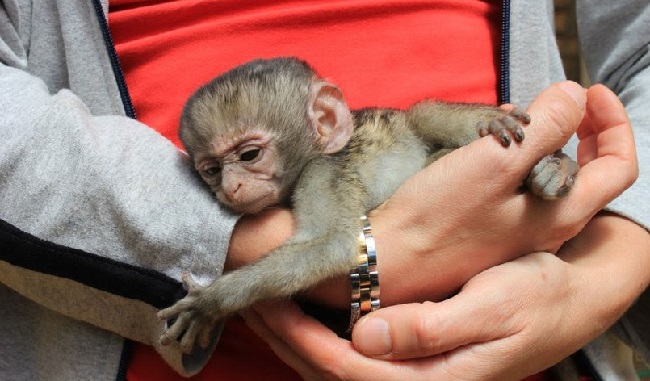Monkeys are fascinating creatures known for their intelligence and lively personalities, making them intriguing pets for some individuals. However, before bringing a monkey into your home, it’s essential to understand the associated costs.
In this comprehensive guide, we delve into the factors that influence the price of monkeys, the components of monkey pricing, and the ongoing expenses to consider when budgeting for these unique and demanding animals.

Factors Influencing Monkey Price
The cost of owning a monkey can vary significantly based on various factors. These factors include the species of the monkey, the age, the breed, the rarity, the temperament, and the reputation of the breeder or seller. Rarer and more exotic monkey species tend to have higher price tags.
Read Also:
Initial Purchase Price
The initial purchase price is a significant component of the cost of owning a monkey. Prices can range from a few thousand dollars to tens of thousands of dollars, depending on the species and individual characteristics of the monkey.
Factors such as age, sex, and the presence of specific traits or markings can influence the price.
Housing and Enclosure
Monkeys require suitable housing and enclosures that meet their specific needs. This can include spacious cages or outdoor enclosures that provide ample space for the monkey to move, climb, and play.
The cost of constructing or purchasing a suitable enclosure can vary based on the size and requirements of the monkey species.
Diet and Nutrition
Monkeys have unique dietary needs that must be met to ensure their health and well-being. The cost of feeding a monkey can vary depending on the species and the availability of specialized monkey food.
Fresh fruits, vegetables, and a balanced diet may need to be supplemented with specific primate feeds or nutritional supplements.
Veterinary Care and Health Expenses
Regular veterinary care is crucial for the health and longevity of a pet monkey. Routine check-ups, vaccinations, and preventive treatments for parasites and diseases are essential.
Additionally, monkeys may require specialized veterinary care due to their unique physiological and behavioral characteristics. Budgeting for routine veterinary visits and potential health issues is necessary.
Enrichment and Toys
Monkeys are intelligent and active animals that require mental stimulation and enrichment. Providing toys, puzzles, and interactive devices helps prevent boredom and engages their curious minds. The cost of enrichment items should be considered in the overall budget for owning a monkey.
Legal Considerations
It is vital to understand the legal requirements and restrictions associated with owning a monkey in your area.
Some jurisdictions have specific laws and regulations governing the ownership of primates. Ensure compliance with these regulations to avoid legal complications and penalties.
Read Also:
Conclusion
Owning a monkey is a significant responsibility that requires careful consideration of the associated costs. By understanding the factors that influence monkey pricing and considering the ongoing expenses, you can budget effectively and make informed decisions when considering a monkey as a pet.
Additionally, it is essential to research and ensure that you can provide a suitable environment, proper care, and attention to meet the unique needs of these intelligent and complex creatures.
























